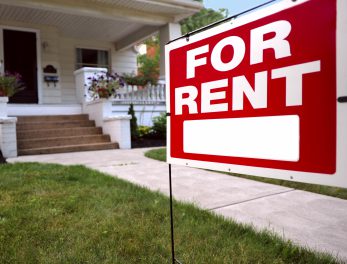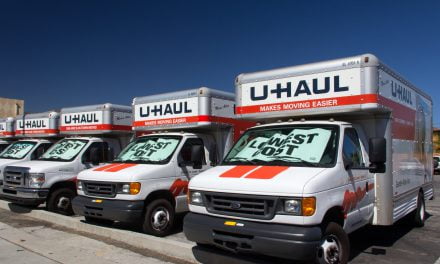One city is taking housing policy out of state control and into its own hands, and local low-income residents are not happy.
In April 2016, San Jose’s City Council declared the city exempt from California’s Surplus Land Act (The Act). The Act requires cities selling or leasing public land for other than recreational use to prioritize the land for low-income housing. [Calif. Gov. Code §54220]
Under the Act, housing developers purchasing surplus public land need to set aside at least 25% of the units for low-income residents. When the local government can’t agree on purchase or lease terms within 90 days, the 25% requirement may be reduced to 15% when the purchaser intends to use to property to build ten or more residential units. [Calif. Gov. Code §§54222.5; 54233]
San Jose’s adopted policy diverges from the act in several ways:
- When the City is unable to agree on price and terms with the purchaser within 90 days, instead of reducing the low-income housing requirement, the land will simply be sold on the open market at fair market value (FMV).
- Downtown high-rise rental developments are exempt.
- Further exemptions are allowed in certain cases when requested by the City, particularly for “economic development” reasons (basically a catch-all).
- The City allows the “affordable” housing units to apply to both low- and moderate-income residents (households making up to 120% of the area median income, as opposed to 70% of the median income, as required by the Act).
The City claims that since it is a Charter City, the Act does not apply and it can craft its own surplus land policy, contrary to the Act.
Two individuals who live in over-crowded apartments with rent payments costing roughly half their monthly income, along with Urban Habitat and Housing California, are suing the City of San Jose over the new policy.
The long-term solution
The average monthly rent for a two-bedroom apartment in San Jose is nearly $2,800. To qualify at this amount, renters need to make at least $112,000 a year or $54 an hour, according to Bay Area Legal Aid. Therefore, most low- and moderate-income residents find themselves in over-crowded housing situations, or in shelters.
San Jose has a higher median household income than any other major U.S. city. But at $83,800 according to the U.S. Census Bureau, this median income is still below what is needed for a two-bedroom. Hence the need for more housing for low- and moderate-income households.
The same problem is experienced throughout California’s coastal cities, where renters typically spend closer to 50% of their monthly income on housing, instead of the recommended 31%.
Naturally, the solution is more residential construction across the board, particularly multi-family units, which house more families in less space, keeping costs down.
However, since developers are reluctant to build low-cost housing on such expensive lots as are found in San Jose, housing is unlikely to be built within reach of low- and moderate-income residents unless the developer is made or incentivized to comply. The City’s new policy does the opposite.
The Surplus Land Act is a helpful base line to ensure enough housing is built for low- and moderate-income residents in the state’s most desirable living areas. In lowering its low-income housing requirements, San Jose — already facing a tight housing shortage for all income levels — is making it even more difficult for residents to live in the city.
Stay tuned to first tuesday for this lawsuit’s outcome.



















